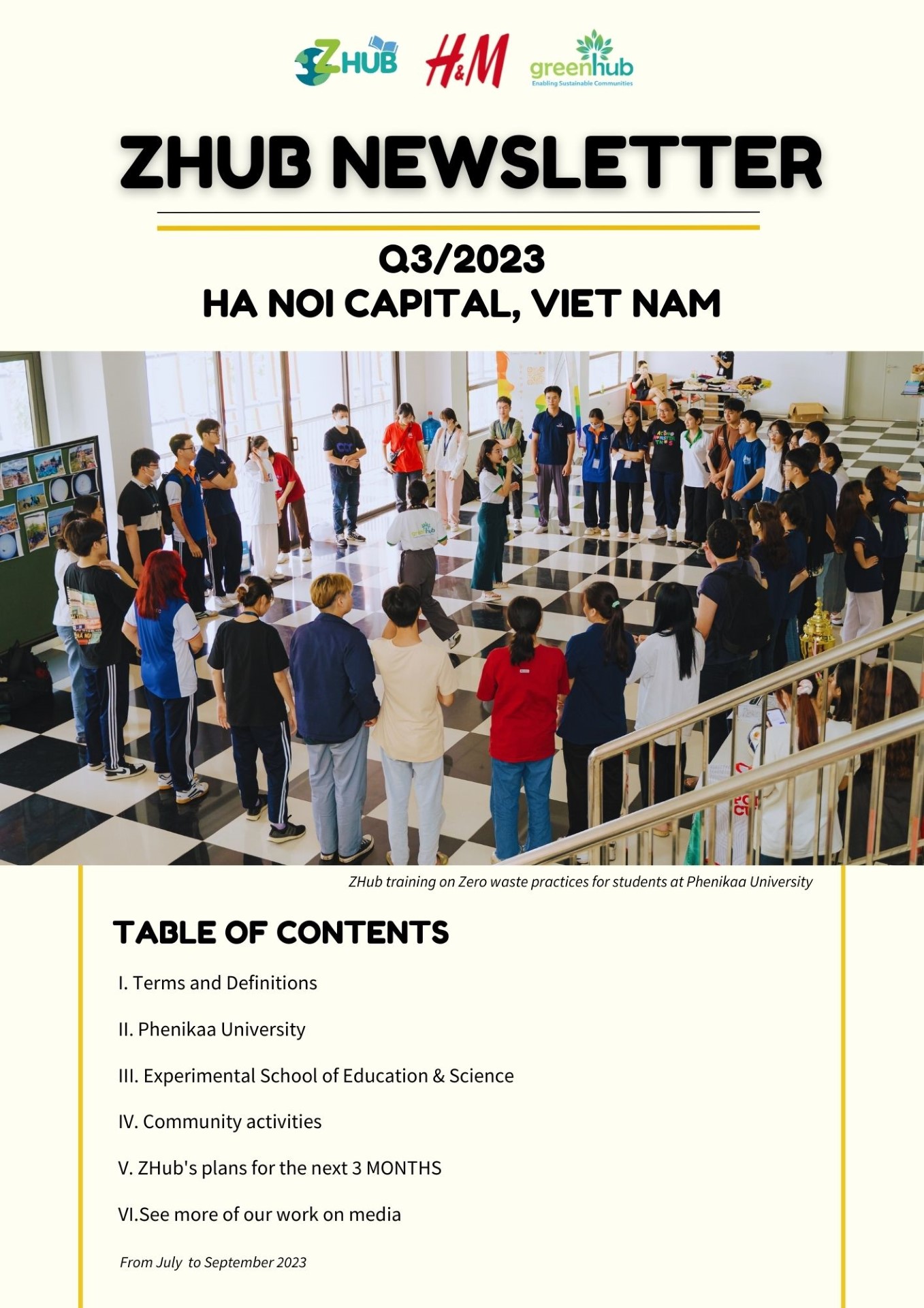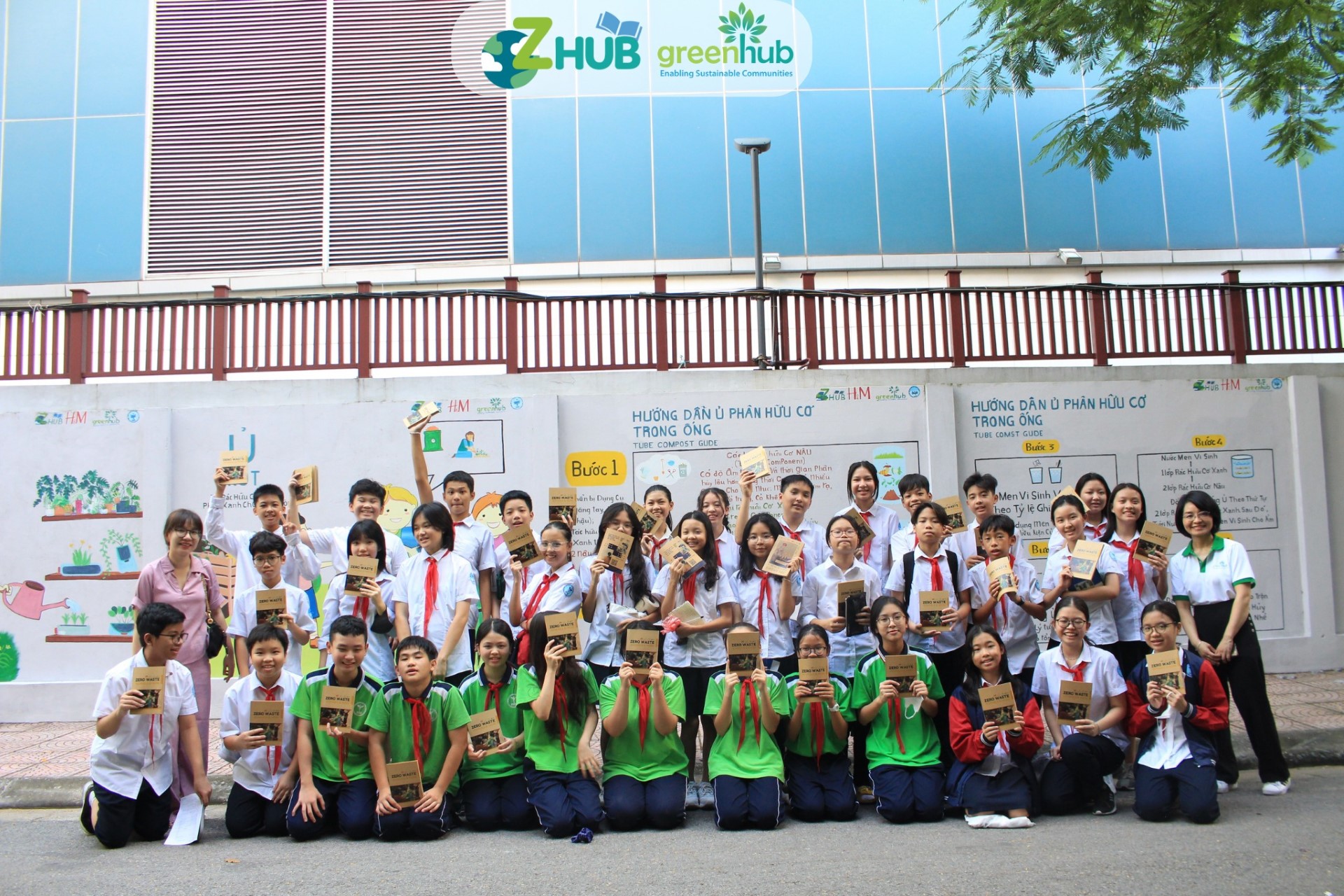These days, we have an idolization about an impossible combo which is a clean product with verified origin and reasonable price. It’s easy to buy products advertised as clean and cheap, but what guarantees this when we don’t have a clue about manufacture process? Or, we can buy certificated and verified products at the expense of cost?
This expectation of consumers about a “good meal” put pressure on agriculture businesses, especially medium and small ones. How to manage the entire process effectively and transparently with minimum budget? To solve the problem, PGS – Participatory Guarantee System is introduced. And you will play an important part in this quality assurance system.
What is PGS?
IFOAM (The International Federation of Organic Agriculture Movements) defines PGS as the quality assurance system which focuses on local areas certifying manufacturers in terms of relevant parties’ affirmative participation, and is built on basis of trust, social connection and knowledge sharing.
Characteristics of PGS:
- PGS is not a quality standard but a quality assurance system with participation of pertinent parties, especially producers and consumers.
- PGS is an internal verifying system which replaces third party’s certification.
- PGS works out best in domestic markets where interested parties are able to participate in quality assurance process.
- PGS verifies for smallholders not individuals.
- PGS is trustworthy because consumers are capable of joining in and taking charge of quality assurance procedure through by traceability of labels.
Principles of PGS:
Participation: PGS’ power depends on stakeholders’ engagement, the more people join in, the stronger it becomes. Stakeholders include: manufacturers, consumers, traders, retailers, local agencies and NGOs. They will take part in the whole procedure.
A shared vision: This is about commitment of production targets and mode of operation of PGS. It meets specific requirements and purposes, namely, organic products, clean products, safe products, and compliance with legal, society, local factors.
Transparency: It is done by storing and sharing information; enhancing equality in PGS.
Trust: It is gained through working on development direction and make operational rules for PGS.
Learning: It is achieved by exchanging goals and experience to consolidate the shared vision.
Why is PGS so reliable?
Many questions have been asked whether a quality assurance system mainly based on cross-validation is reliable.
To answer this, there are no perfect quality assurance or certification systems. The first reason is that it is impracticable to analyze all products produced in every circumstances. Moreover, it’s not guaranteed that sample doesn’t contain any residue even after carrying out micro-analysis of residual chemical content because there is always an error.
On the basis of mutual support and understanding, PGS solves “Trust question” by considering 2 main reasons of non-compliance with regulations in producing process:
- Ignorance about regulations in manufacture procedure
- Lack of technical knowledge of solving problems with safe and effective methods.
Therefore, with an aim of making smallholders obey the law, these need to be done:
- Encourage farmers to produce in a safe, organic, natural way
- Organize training and seminars which provide them more understanding of regulations, standard in producing.
- Make a commitment to ensure the quality of agricultural products
- Cross-check in 2 ways. The first one is unofficial in which, every day, farmers observe each other while working. The latter is officially done through the inspection and recorded in documents.
- Stimulate knowledge exchange and mutual assistance in sorting out arising problems.
Not only involved parties but also purchasers involve in quality assurance process, therefore, we can completely trust PGS.
Conclusion
Is it great that in case of a product safety problem, you can complain and manufacturer can trace back any errors in the product chain from tillage, sowing to your dining table. But one question must be asked that when buying goods, are their origins your priority or just the price? Only when consumers truly concern about the traceability will the manufacturers improve quality. Then the quality of life will be better, sustainable development will be enhanced, you and others do not need to worry about it anymore.
Follow EFD project to keep abreast of PGS as well as how to apply it!
References:
- Technical documents on PGS about participating in quality assurance compiled by Rikolto/ VECO in Vietnam and PGS Coordinating Committee of Vietnam.
- PGS – Vietnam brochure of IFOAM
- PGS – Operation manual for producers, ADDA and Vietnam Farmers’ Association, 2009


